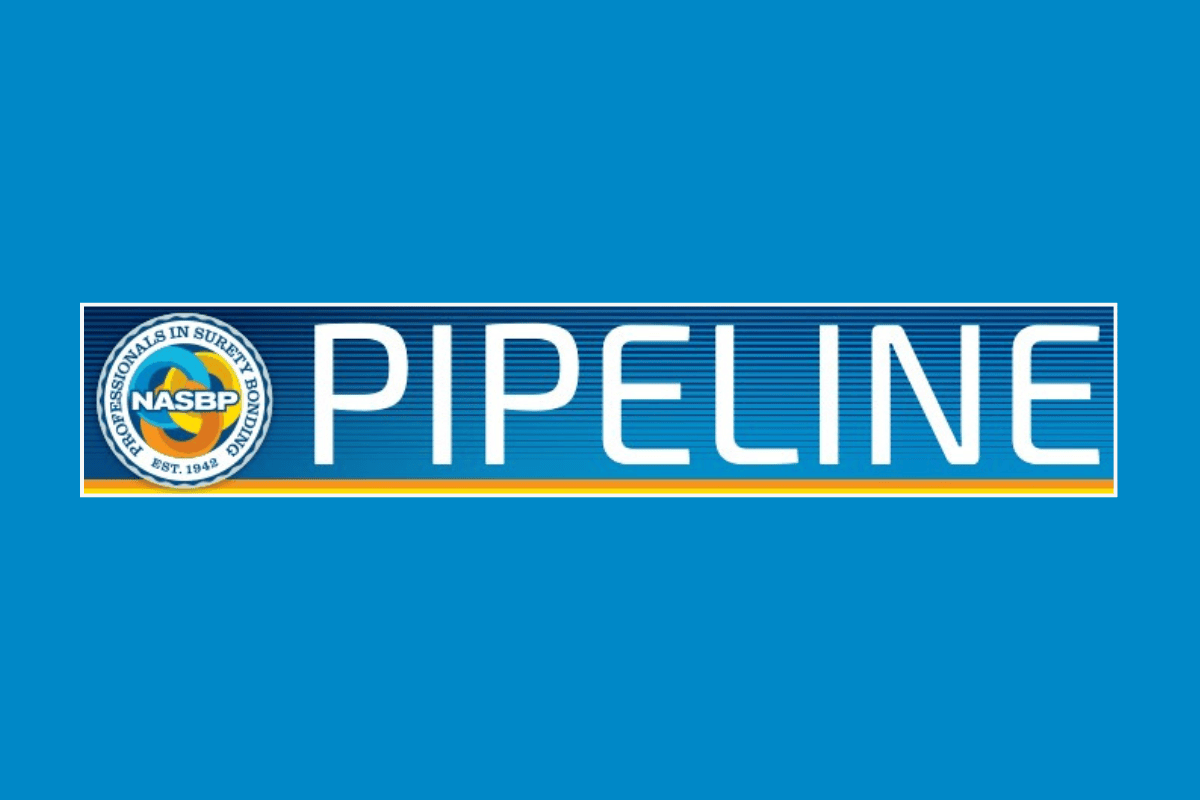Search & Filter
Search
Topic
Region
Audience
Post Type
Consequential Damages: Contract Language Is Key
By Robert A. Banner of Tarter Krinsky & Drogin LLP Originally published…
Liquidated Damages: Protecting Contractors When Global Supply Chains Break
By Richard F. Whiteley and Phillip L. Sampson, Jr. of Bracewell Originally…




